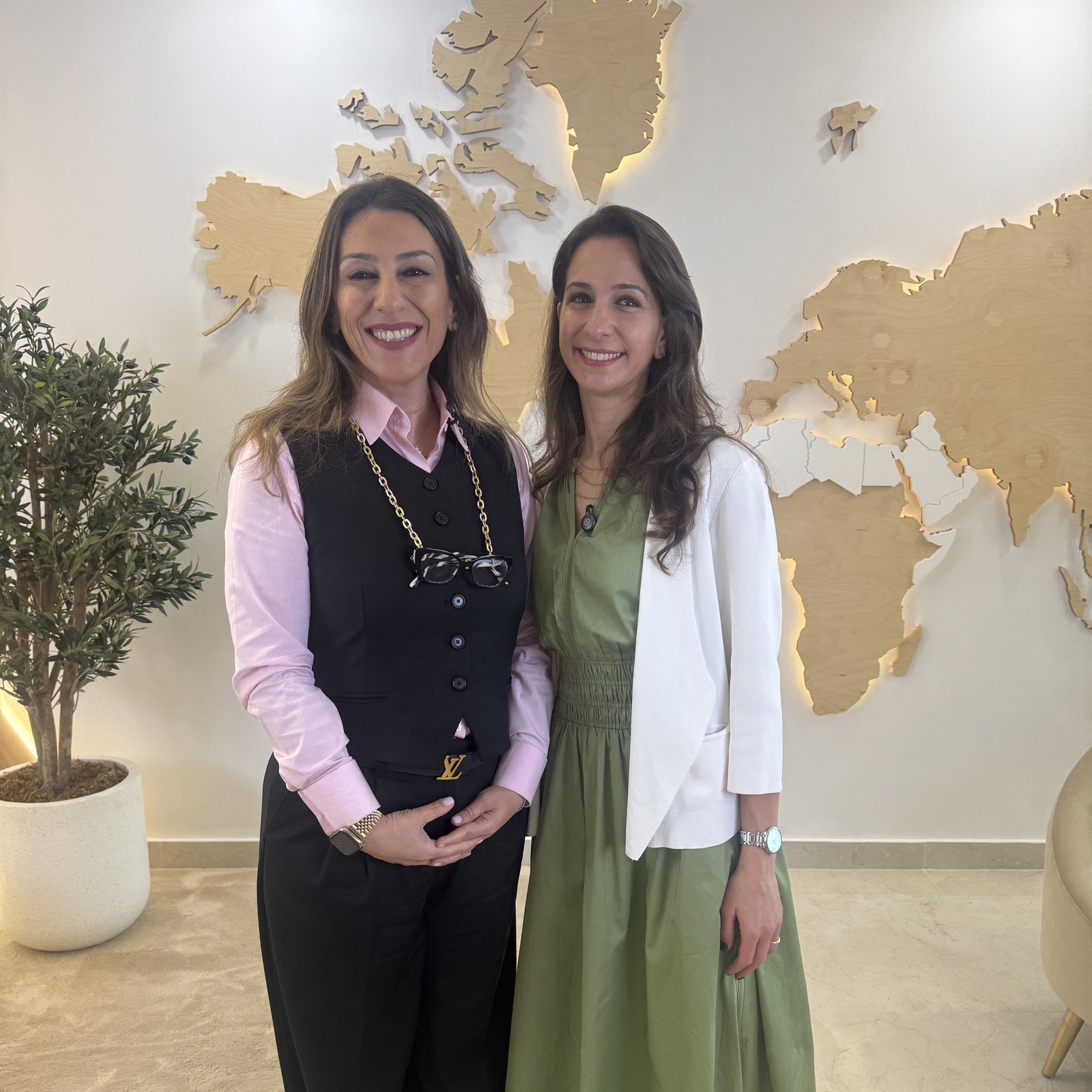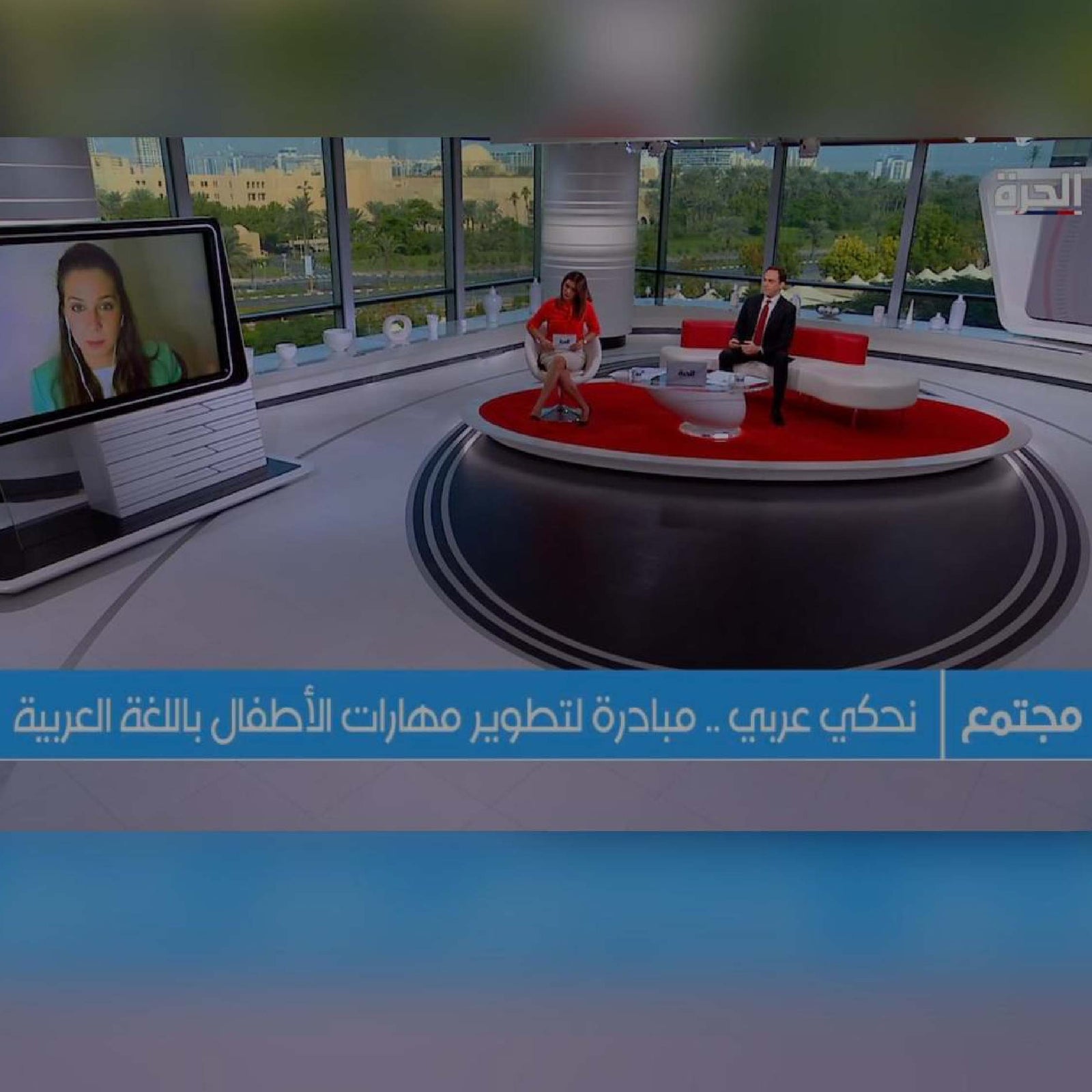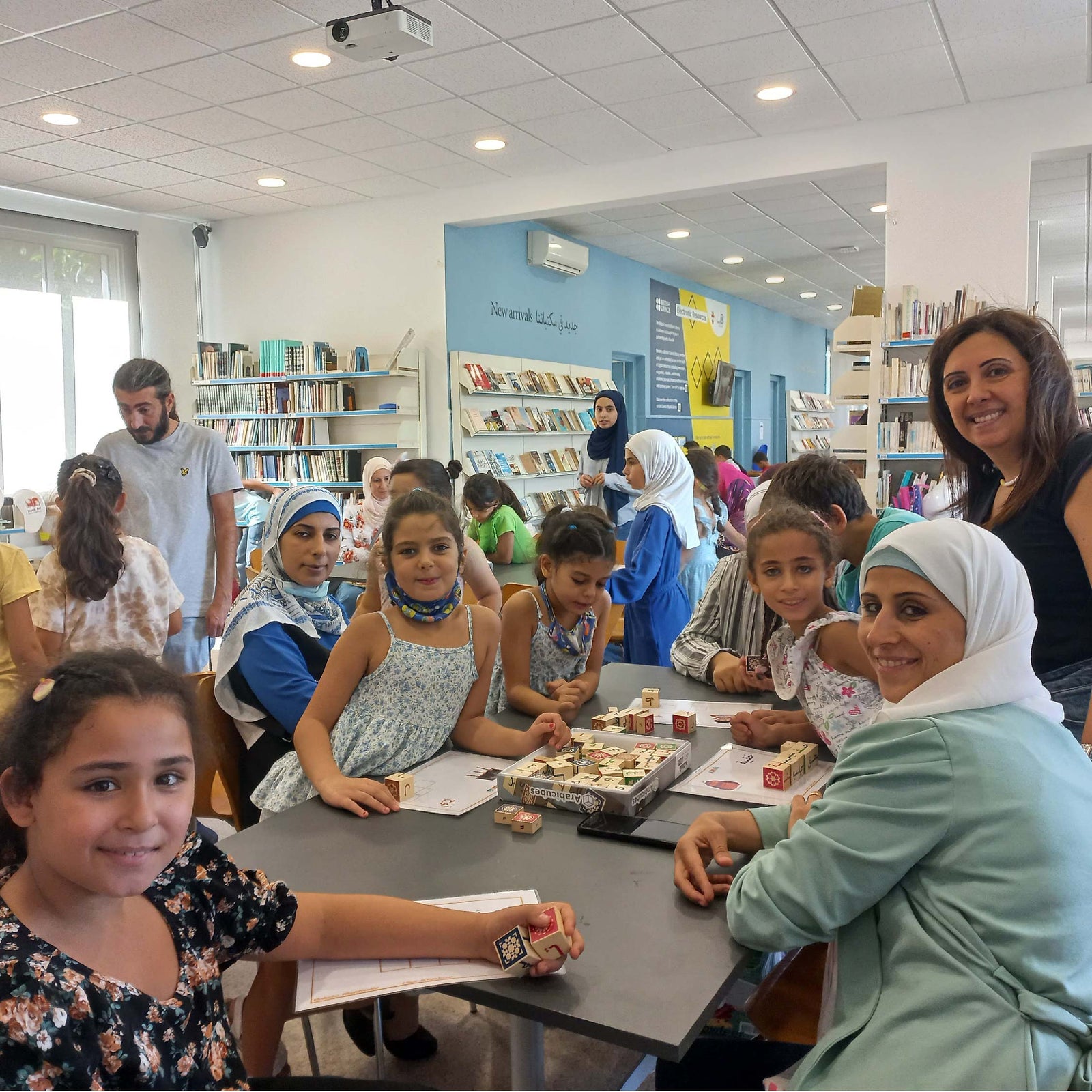Do multilingual children have speech delay?
01 أكتوبر, 2020

The legacy of a long-lasting myth
If just like us, your are a parent of the Arab diaspora who would like to teach your native language, Arabic or other, to your child, but you are hesitating because of statements such as « learning several languages at the same time cause mental confusion », « it’s better to be fluent in a language before learning another one », « learning several languages at the same time, when you are a child, can cause a speech delay », « if the child is mixing up several languages when he speaks, it’s better to only use one », etc… thus this article is written for you !
But, on what theses statements are based ? Has it been proved that learning several languages is harmful for a child ? Fortunately, today, lots of research had been done. It’s more the contrary that has been proven and these statements shouldn’t be heard anymore. They are part of a long-lasting myth… Indeed, until the sixties, in some countries, being multilingual was considered as a dangerous thing. You have the right to wonder : but why ? Here is the explanation : this idea comes from the 19th century, the time when nations were created. For political reasons of national standardization, it was considered that a nation was equivalent to a language. As a result, the monolingualism became a model. However, if you think about it, you will realize that western monolingual countries are actually an exception and even more nowadays. By the way, more than two third of the global population use two or more languages on a daily basis ! Thus, in the next part of this article, you will see why it’s on the contrary very important to teach your native language to your children and that as soon as possible, whatever your native language is : Arabic, Italian, Spanish, Mandarin, Hindi… because YES, unlike these received ideas, earlier we learn, better it is !!
View this post on InstagramThe #DaradamPrintables in action in Quimper 🇫🇷 #arabdiaspora
A post shared by Alaabi ★ (@daradamkids) on
Learning an extra language before the age of 7
As you see : it’s relatively new that the monolingual model was reconsidered regarding children learning several languages. But today, I can assure you one thing : the child brain is not as « delicate » as we imagine it and it is able to store up much more things that we believe! Learning 2 languages or more is not likely to « overload » the child brain. On the contrary, the child’s brain and more particularly the brain of a child under 7 likes to be stimulated. In scientific terms : there potential neural circuits are still open and only need to be solicited and sharpened. And to come back to our initial worry, the speech delay : some children (bilingual or not) can have a language delay BUT it’s false to say that it happens in all cases. My sons growing up in a trilingual environment French-Arab-Hungarian, they started speaking when they were 18 months. But even when a child has a speech delay, this one is generally only temporary and it is uncommon that it has important and disturbing consequences. First of all, let’s comes back to the speech delay definition : it’s the difficulty to associate the words in sentences. The vocabulary is poor, and the sentence is not well organized. The pronouns (I, you, he, she…) are not well used and the verbs are often used in the BV form (ex : « after will eat », « girl drink milk »). However, there is no alteration of the areas of language and it is not a severe and lasting disorder. Indeed, this delay will be caught up fast and it’s worthwhile because according to Dalgalian (2000) and Petit (2001), after the age of 7 years old, children no longer acquire an additional language as a native language and, therefore, it means that learning several languages before the age of 7 allow to have in the future several mother tongues we are fluent in. Having said that, a child immersed early in a multilingual environment, even daily, doesn’t become automatically multilingual. Time and patience are obviously required !
Learning one or several languages more, at the same time as learning the native language
Thus, you have understood it, it’s absolutely not required to be fluent in their first language before teaching them others. On the contrary, earlier a language is introduced in a child’s life, easier will be the assimilation. Languages are not fighting each other for the same space in the brain but on the contrary, they are feeding each other.
View this post on InstagramA post shared by Alaabi ★ (@daradamkids) on
And you, do you agree ? How is it going for you ? Does it work ? How many languages do you use at home ? Share your experiences in comments !! ?
اكتب تعليقا
سيتم مراجعة التعليقات قبل نشرها
وأيضًا في أخبار المدوّنة

Beyond Classroom: Learn Arabic Through Playing
19 مايو, 2025
This podcast will leave you inspired and equipped with ideas to make Arabic language learning fun, natural, and meaningful.
من نحن
تعدّ شركة "ألعابي" شركة ناشئة مقرها المملكة المتحدة، وهي الأولى من نوعها في تخصصها لتصميم وتصنيع الألعاب والموارد التعليميّة المستوحاة من الثقافة العربية لجعل رحلة التدريس والتعلّم في اللّغة العربيّة ممتعة!اتصل بنا
نسعى دائمًا لمنح الزبائن لدينا التجربة الأفضل، فاذا كان لديكم أي استفسار، يرجى الاتصال بنا. فاننا نحب أن نستمع إليك!Main menu
الاشتراك بنشرتنا البريدية
اشترك الآن لنبلغك بالحسومات وبآخر الأخبار لدينا© 2025 Alaabi جميع الحقوق محفوظة



